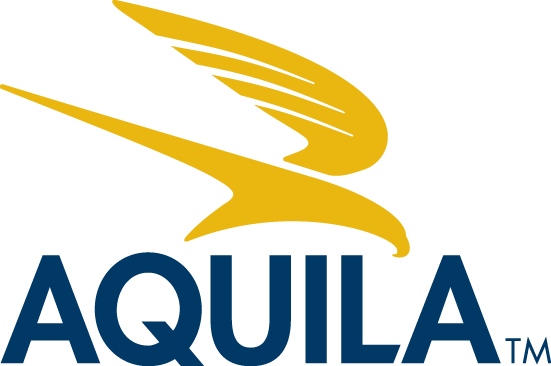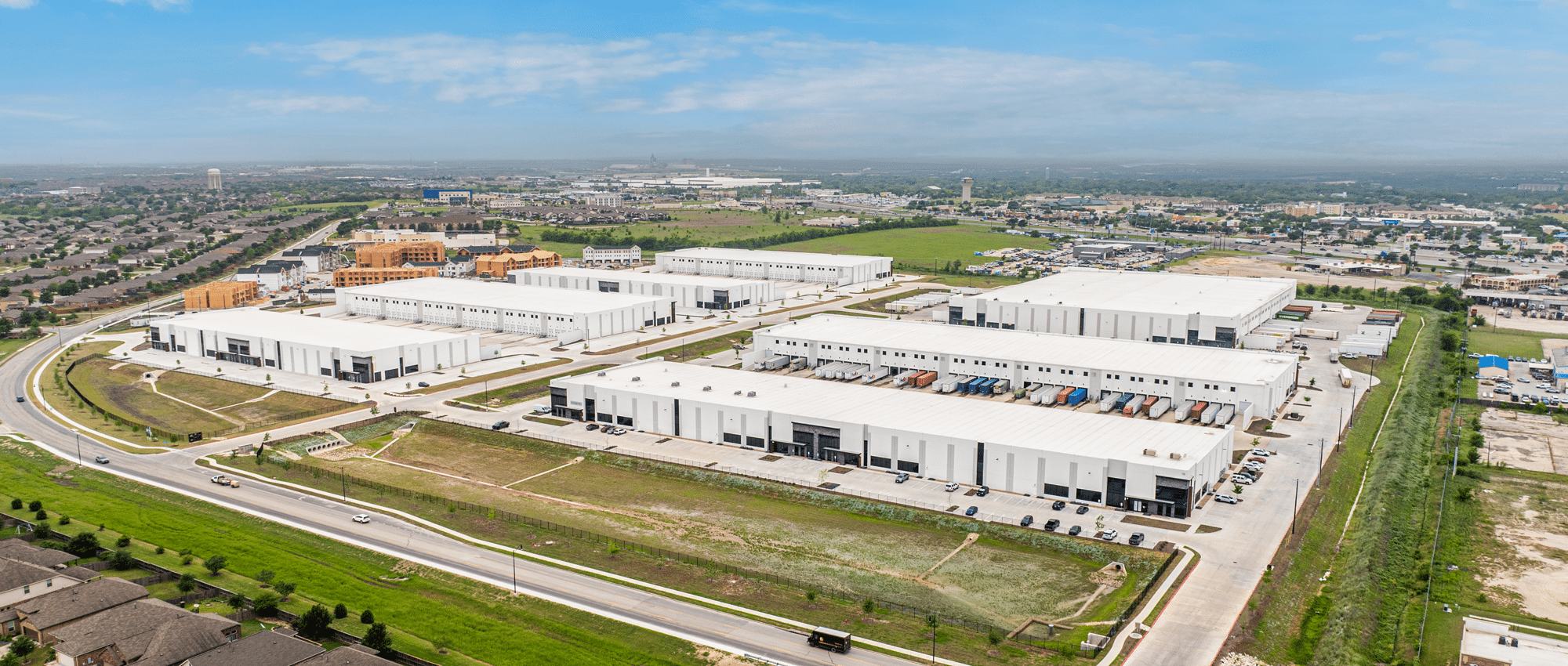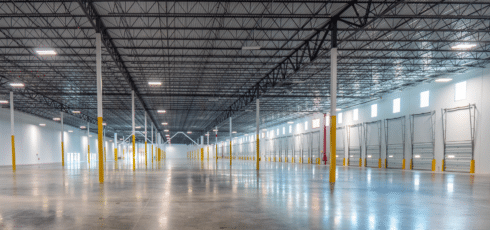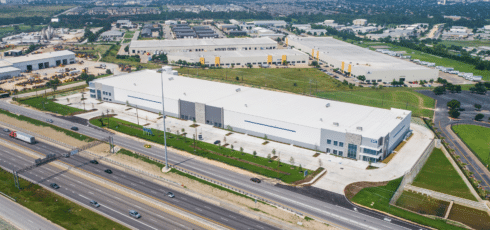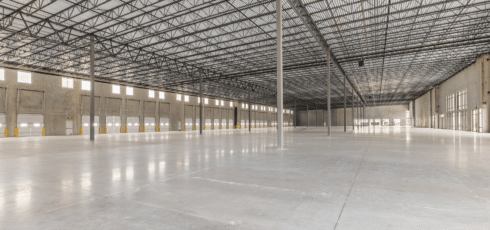Finding the perfect industrial property for your business is a critical decision that can significantly impact your operations, efficiency, and bottom line. With numerous factors to consider, from dock doors and clear heights to industry-specific requirements, navigating the industrial real estate market can be a daunting task.
However, by understanding your unique needs and working with an experienced tenant representation broker, you can streamline your search and secure a property that not only meets your current requirements but also supports your future growth.
Read Next: Types of Industrial Buildings Defined (Warehouse, Flex, Distribution, etc.)
In this article, we’ll explore the key factors to consider when evaluating industrial properties. Please note that this is not an exhaustive list and your tenant representation broker will be able to work with you to clearly define your company’s needs.
Assessing Your Industrial Property Needs
Before starting your industrial property search, it’s crucial to assess your specific needs regarding the essential features unique to industrial spaces. These features include dock doors, clear heights, electricity, and more.
Dock doors are critical for efficient shipping and receiving. Determine the number and type of dock doors you require based on your shipping volume, truck sizes, and material handling processes. Consider factors such as dock levelers, seals, and shelters to ensure smooth and safe loading and unloading operations.
Read Next: Industrial Lease Renewal vs. Relocation: Key Factors to Consider
Clear height, or the height from the floor to the lowest hanging ceiling fixture, is another important consideration. Assess your storage and equipment needs to determine the minimum clear height required. If you plan to use vertical storage systems or large machinery, ensure the property has sufficient clear height to accommodate these items.
Evaluate your power requirements, including the necessary voltage, amperage, and phase for your equipment and processes. Consider if you need specialized electrical configurations, such as bus ducts or explosion-proof wiring, and ensure the property can accommodate these needs.
Other essential factors to consider include:
- Floor load capacity: Ensure the floor can support the weight of your equipment, materials, and storage systems.
- Column spacing: Assess the column spacing to ensure it can accommodate your racking and material handling equipment.
- Ventilation and exhaust: Determine if you require specialized ventilation or exhaust systems for your processes.
- Lighting: Evaluate the property’s lighting to ensure it provides adequate illumination for your operations and meets any industry-specific requirements.
- Sprinkler systems: Confirm the property has an appropriate sprinkler system for your fire suppression needs.
By clearly defining your requirements for these essential industrial property features, you can streamline your search and ensure that the property you choose supports your operational efficiency and business growth.
Read Next: 7 Steps to Finding the Perfect Industrial Space to Lease
Industry-Specific Industrial Property Requirements
Manufacturing
For manufacturing tenants, consider the following requirements:
- Electrical and plumbing: Evaluate your power requirements, including 3-phase power, and any specialized plumbing needs for your equipment.
- Dock doors and loading bays: Determine the number and size of dock doors needed based on your shipping volume and truck sizes.
- Crane capacity: If you use overhead cranes, ensure the property has the necessary crane capacity and clearance.
- Ventilation and exhaust systems: Assess the need for specialized ventilation to remove fumes, dust, or heat generated by your processes.
- Floor thickness and reinforcement: Ensure the floor can support the weight of your machinery and equipment.
- Zoning and permitting: Confirm that the property is zoned for your type of manufacturing and that necessary permits can be obtained.
Distribution and Logistics
For businesses in distribution and logistics, consider these factors:
- Dock doors and trailer parking: Determine the number of dock doors and trailer parking spaces needed based on your shipping volume and fleet size.
- Clear height and column spacing: Assess the clear height and column spacing required for your racking systems and material handling equipment.
- Truck access and turning radius: Evaluate the ease of truck access to the property and ensure adequate turning radius for your vehicles.
- Warehouse management systems: Consider the compatibility of the property’s infrastructure with your warehouse management software and technology.
- Proximity to transportation networks: Assess the property’s proximity to highways, rail lines, and ports for efficient shipping.
Food and Beverage
For food and beverage tenants, consider the following:
- FDA compliance: Ensure the facility meets FDA regulations for food safety, including proper drainage, cleanable surfaces, and pest control.
- Refrigeration and temperature control: Determine your refrigeration and temperature control needs, including cooler and freezer space.
- Specialized drainage and waste management: Assess the property’s drainage and waste management systems to ensure compliance with regulations.
- Clean room environments: If required, ensure the property can accommodate clean room environments for food processing.
- Water and sewer capacity: Evaluate the property’s water and sewer capacity to meet your production needs.
Technology and Research
For technology and research tenants, consider these factors:
- Electrical and data infrastructure: Assess the property’s electrical capacity and data infrastructure to support your equipment and technology.
- Vibration and noise control: Determine if the property can accommodate vibration and noise control measures for sensitive equipment.
- Clean room environments: If required, ensure the property can support clean room environments for research or manufacturing.
- HVAC and air filtration: Evaluate the property’s HVAC and air filtration systems to maintain optimal temperature, humidity, and air quality.
- Security and access control: Consider the property’s security features and access control systems to protect your intellectual property and assets.
Read Next: How Much Does It Cost to Lease Industrial Space in Austin, Texas? (Rental Rates)
Adapting Properties to Your Needs
Flexibility is a key factor to consider when searching for an industrial property. While some properties may perfectly align with your requirements, others may need modifications to suit your specific needs.
Your broker should have a deep understanding of the local industrial real estate market and the flexibility of various properties. They can help you identify properties that have the potential to be adapted to your requirements, even if they don’t meet all your criteria initially. This may include properties with the capacity to add more dock doors, upgrade electrical systems, adding HVAC systems, or accommodate specialized equipment installations.
Download Now: AQUILA’s Latest Austin Industrial Market Report
Once you’ve identified a property with the potential to meet your needs, your tenant representation broker will work closely with the landlord or property owner to negotiate the necessary modifications. This process involves discussing the scope of work, timelines, and costs associated with the improvements. Your broker will advocate on your behalf to ensure that the modifications are completed to your satisfaction and that the costs are fairly allocated between you and the landlord. In some cases, landlords may be willing to cover the costs of certain improvements as an incentive to secure a long-term tenant. Your broker will negotiate these terms on your behalf, seeking to minimize your out-of-pocket expenses while ensuring that the property meets your operational needs.
It’s important to note that the flexibility of a property may depend on various factors, such as the age of the building, zoning regulations, and the landlord’s willingness to make changes.
Conclusion
Finding the right industrial property is critical to the success of your business. By understanding your specific requirements and working with a skilled tenant representation broker, you can navigate the search process with confidence and secure a property that supports your operations and growth.
Read Next: Who Are the Best Industrial Brokerage Firms in Austin Texas?
When selecting a tenant representation broker, look for a professional who has experience in your industry, a deep understanding of the local market, and a proven track record of successful transactions. With the right broker by your side, you can find the perfect industrial space and position your business for long-term success.
Are you ready to find your perfect industrial space in Austin? Schedule a free consultation with one of our industrial tenant representation brokers today.
Interested in the property featured in the image at the top of this article? Learn more about the property on the Buda Midway website.


